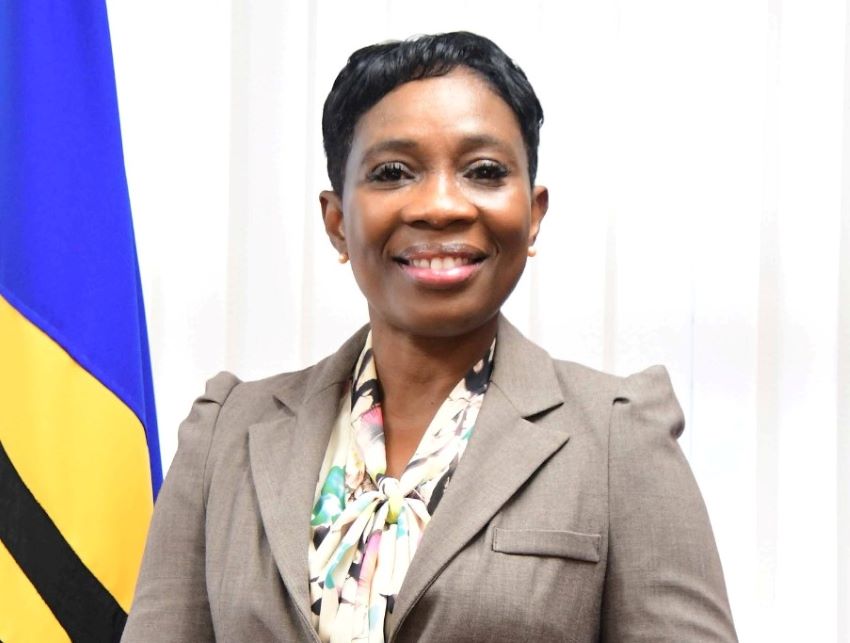
It is with great honour and enthusiasm that Barbados joins the world in celebrating the first-ever International Day of Intangible Cultural Heritage. This is an occasion that holds deep significance for us as a nation and the global community at large.
This day has been officially proclaimed by the United Nations Educational, Scientific and Cultural Organization (UNESCO) following the decision made during the 42nd session of the General Conference in November 2023. As a result, October 17th is now recognised globally as a day to celebrate the diversity and richness of living heritage.
As a State Party to the 2003 Convention for the Safeguarding of the Intangible Cultural Heritage, we are encouraged to join hands in raising awareness about the importance of safeguarding this vital aspect of our shared human heritage. Throughout the months of September, October, and November, countries and communities across the globe will engage in various events and activities to highlight the significance of intangible cultural heritage and its role in shaping our identities and cultures.
For the first time in its history, the Government of Barbados has been elected to the Intergovernmental Committee for the UNESCO 2003 Convention on the Safeguarding of the Intangible Cultural Heritage (ICH). This milestone was achieved during the tenth session of the General Assembly of States Parties to the Convention, held in Paris, France, on June 12, 2023. This election marks a significant step in the country’s commitment to safeguarding and promoting its cultural heritage on the global stage.
Today, on this inaugural International Day, we reflect not only on the value of intangible cultural heritage but also on the role it plays in the lives of individuals and communities. To mark this occasion, the Division of Culture, Prime Minister’s Office, in collaboration with the National Committee for the Safeguarding of Intangible Cultural Heritage, has organised a number of public awareness events. Through this initiative, we seek to inform and engage the wider public about the critical importance of safeguarding our intangible cultural heritage, with a particular focus on highlighting the rich heritage of Barbados.
In March 2024, Barbados took another important step by submitting two nominations – Road Tennis and the Barbados Landship – for inscription on the UNESCO 2003 Convention Lists. These nominations highlight two elements of Barbados’ vibrant intangible cultural heritage that have long been integral to the nation’s identity. By December 2025, Barbados will learn whether these nominations have been successful, further cementing its role in the global effort to safeguard intangible cultural heritage for future generations.
While today marks the beginning of our celebrations, it is important to note that our efforts will continue throughout the month of November. During this period, the Intangible Cultural Heritage team will visit both primary and secondary schools across the country to further educate students about the significance of intangible cultural heritage, and how we can collectively contribute to its safeguarding.

These school-based awareness campaigns are crucial in spreading knowledge to our younger generations. They will explore the meaning of intangible cultural heritage, share insights on the UNESCO 2003 Convention, and discuss how safeguarding this heritage is not just a global responsibility, but one that is deeply rooted in our communities. Students will also have the opportunity to learn about specific examples of Barbados’ own intangible cultural heritage, reinforcing the connection between our traditions and our sense of identity.
The question of safeguarding intangible cultural heritage is not a simple one. To keep it alive, it must remain relevant to the communities that nurture it, continuously evolving and being passed on from generation to generation. However, there is always the risk that some aspects of our living heritage could fade away or even disappear without concerted efforts to protect it. However, it is important to remember that safeguarding does not mean freezing these traditions in time.
Intangible cultural heritage, like any living entity, undergoes a natural life cycle. Some elements may fade away as new forms of expression emerge. Indeed, there may be instances where certain aspects, despite their economic or historical value, no longer hold relevance for the community.
This recognition is key. As we engage in the process of safeguarding intangible cultural heritage, we must ensure that we do so in a way that respects and nurtures the relationship between communities and their traditions. Our goal is not to preserve something in isolation but to ensure that these living expressions of culture continue to flourish and adapt, contributing to a sense of pride, continuity, and identity for future generations.
In conclusion, as we celebrate this International Day of the Intangible Cultural Heritage, let us all reflect on the rich traditions that define us, and recommit ourselves to their safeguarding. It is a responsibility that we all share – governments, communities, and individuals – and it is one that requires collective action and commitment.
Let us honour the heritage that connects us to our past, and actively support its continued vitality for the future.
Senator Dr. Shantal Munro-Knight
